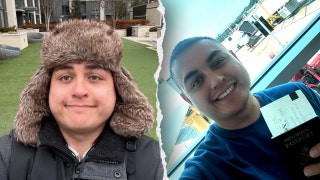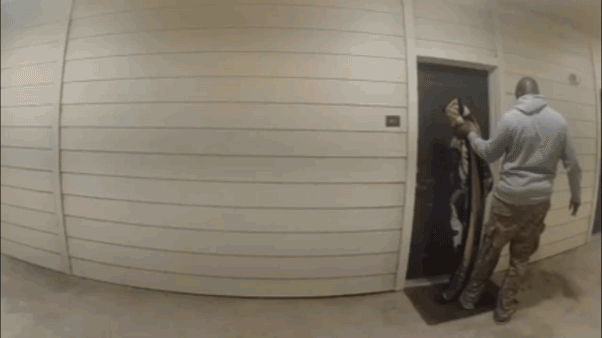McLEAN, Va. – The man who killed D.C. intern Chandra Levy nearly a decade ago should spend the rest of his life in prison, prosecutors said Tuesday in court papers, citing what they say is a history of violence toward women that stretches to his years in El Salvador.
Ingmar Guandique, an illegal immigrant from El Salvador, is scheduled to be sentenced Friday in D.C. Superior Court. He faces a minimum of 30 years in prison and a maximum sentence of life.
In November, a jury convicted Guandique of first-degree murder in Levy's May 2001 disappearance and death, despite a lack of witnesses and no DNA evidence linking Guandique to the crime.
Levy's disappearance became a national sensation in 2001 after she was romantically linked to then Rep. Gary Condit, D-Calif. Police initially focused on Condit as a suspect. But after Levy's remains were found in a heavily wooded area of Rock Creek Park in May 2002, police slowly shifted their focus to Guandique, who was already serving a 10-year prison sentence for attacking female joggers in the park in the same time frame that Levy went missing.
In a sentencing memo Tuesday, prosecutors say that Guandique's history of violence against women goes back to his teenage years in El Salvador. In fact, they say he fled to the United States as a teenager because he was suspected of attacking a woman at knifepoint in his village.
And they say his history of improper, impulsive behavior toward women has continued in prison, where he has masturbated in front of female guards and propositioned a staff nurse. Prosecutors say he also sent sexually vulgar drawings to a woman whose address he found from an insurance advertisement.
Guandique "is unable to control himself and thus, will always remain a danger to women," prosecutors Amanda Haines, Fernando Campoamor-Sanchez and Chris Kavanaugh wrote in their sentencing memo.
Prosecutors also cite Guandique's lack of remorse.
"Not once has defendant expressed any concern or sympathy for the victim and her family," the prosecutors wrote. "It is this lack of remorse or empathy for his fellow man that makes defendant such a danger to society."
Guandique's lawyers are asking the judge to set aside the verdict and order a new trial. They argue that prosecutors improperly played on jurors' emotions in their closing argument, and they cited a juror's comment to a newspaper reporter that some jurors shared notes, which the defense argues is evidence of juror misconduct.
In a reply brief filed Tuesday, the government argues that a new trial is not warranted. The sharing of juror notes, if it occurred, is at most a technical violation that had no substantive effect on the trial's outcome, prosecutors argued.









































